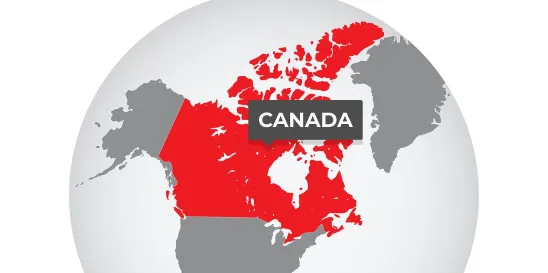The Canadian government announced that starting Jan. 11, 2024, public documents within the scope of the Apostille Convention will need only an apostille to be authenticated for further legal use.
Key Points:
- Canada officially acceded to the 1961 Hague Convention Abolishing the Requirement of Legalization for Foreign Public Documents (also known as the Apostille Convention) earlier this year.
- Starting Jan. 11, 2024, Alberta, British Columbia, Ontario, Quebec and Saskatchewan will issue apostilles for documents issued or notarized in their respective provinces. Apostilles for the remaining provinces, territories and the government of Canada will be issued by Global Affairs Canada.
Background: When the Apostille Convention comes into force, a single certificate, called an “apostille,” will be issued to authenticate public documents. This will facilitate their use in more than 120 countries that are members of the convention, eliminating some of the steps currently required to have documents accepted outside their respective country. Under the convention, a public document that has been issued in one member country can be certified for legal use in any other member country. Currently, to use foreign documents for administrative purposes, they need to be notarized and authenticated by local parties and then require further authentication by an embassy or consulate in the country where the documents are issued.
BAL Analysis: Authenticating some documents in Canada will soon become faster and simpler. Canada’s accession to the Apostille Convention is part of the government’s effort to improve ease of conducting business in the country. The new process will eliminate the need for further certification or legalization by Canadian consular or embassy officials, simplifying the process and saving time and costs.




 />i
/>i
